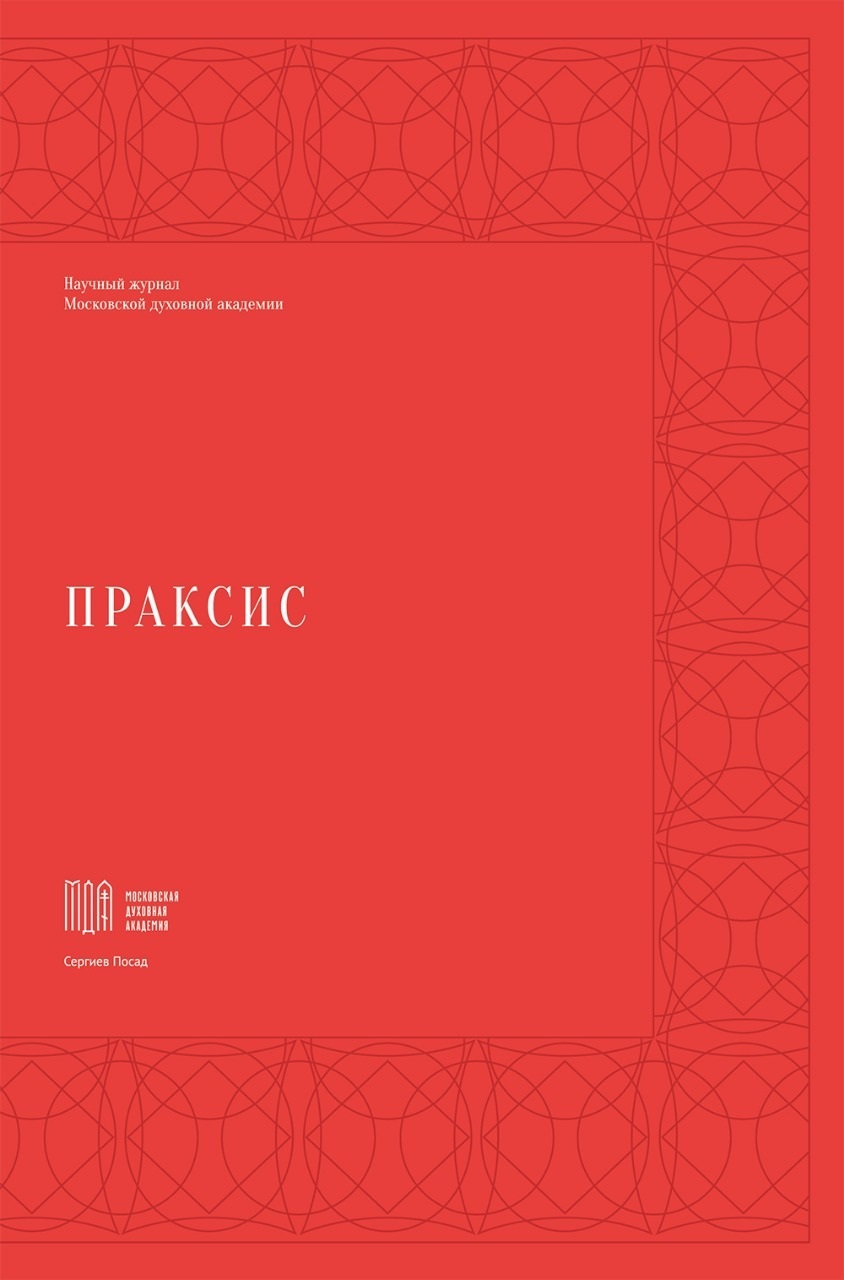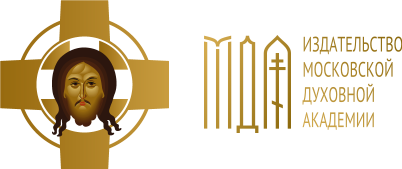The Management System of Higher Spiritual Education in Modern Times
DOI:
https://doi.org/10.31802/PRAXIS.2021.7.2.014Keywords:
theological education, the Bologna process, the integration of secular disciplines, theological seminaries, theological academies, postgraduate studies, the Study Committee, the structure of educationAbstract
Today, another important stage in the reform of the system of spiritual education is coming to an end. The prerequisites and foundations for this process were laid at the end of the last century. The last 30–40 years have become a time of serious work aimed at improving the training of personnel both for parish activities and for work in the system of spiritual education, as well as in the field of administration. The transition to the Bologna education system, the introduction of standards for the receipt of state accreditation by theological educational institutions and the active interaction of various educational programs raised the question of the further development of their own educational programs before the seminaries and theological academies.
The main reason for raising this question is the significant differences between secular and spir- itual education, historically aimed at different goals. Modern realities show that it is necessary to carefully check the steps, choosing the further path of development — and for this it is extremely important to realize the essence of the changes that have already taken place. A historical review of the reforms of spiritual education in Russia shows that in recent years there has been a fundamental shift towards the unification of educational programs, but there is still a question about the quality of the taught disciplines and the ultimate prospects for the integration of secular mod- els into theological educational institutions.
Downloads
References
Данилов В. Л. Реформа духовного образования в России: история и современности // Вестник Омской духовной семинарии. 2017. № 1. С. 164–169.
Доклад Патриарха Московского и всея Руси Алексия II на Архиерейском Соборе Русской Православной Церкви 18 февраля 1997 года // ЖМП. 1997. № 3.
Духовное образование // Официальный сайт Святейшего Патриарха Московского и всея Руси Кирилла. [Электронный ресурс]. URL: https://patriarch.patriarchia.ru/dukhovnoe- obrazovanie (дата обращения 01.10.2021).
Журавский А. В. Проблемы религиозного образования в России // Континент. 2002. № 114. С. 310–329.
Концепция высшего духовного образования Русской Православной Церкви // Журнал заседания Священного Синода Русской Православной Церкви от 22 марта 2011 года, № [Электронный ресурс]. URL: http://www.patriarchia.ru/db/text/1434901.html (дата обращения 03.10.2021).
Котов С. Феномен управления. [Электронный ресурс]. URL: www.men-c.com (дата обращения 01.10.2021).
Лопанцев Ю. М. Формирование модели современного священника в процессе реформирования системы духовного образования Русской Православной Церкви (по соборным постановлениям и докладам иерархов Русской Православной Церкви) // Известия Волгоградского государственного педагогического университета. 2015. № 9–10 (104). С. 200–209.
Мирошникова Е. М. Религиозное образование в современной России: проблема дефиниции и тенденции развития // Научные ведомости Белгородского государственного университета. Серия: Философия. Социология. Право. 2017. № 24 (273). С. 95–102.
Downloads
Published
How to Cite
Issue
Section
Categories
License

This work is licensed under a Creative Commons Attribution-ShareAlike 4.0 International License.







